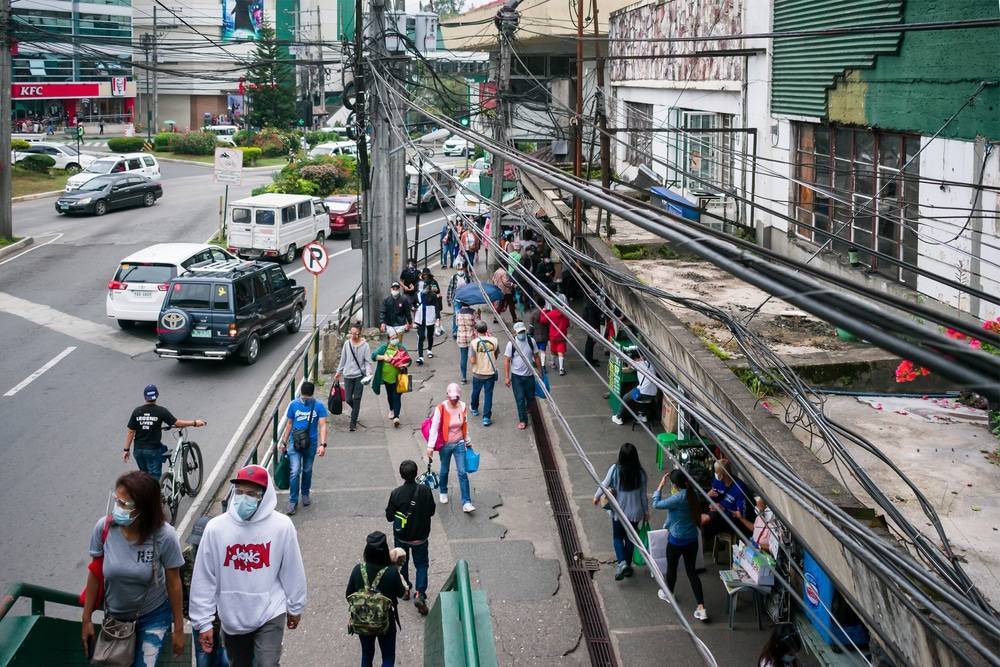In the rugged terrain of the Cordillera region, access to quality healthcare can be a challenge for many residents, especially those from marginalised communities. Recognising this disparity, the Department of Health (DOH) has steadfastly committed to supporting underserved patients.
This was exhibited through its Medical Assistance to Indigent and Financially Incapacitated Patients (MAIFIP) program. This initiative aims to alleviate the financial burden on patients requiring medical treatment, ensuring that no one is left behind in their pursuit of good health.
Significant Financial Assistance in 2023
Christine Dirige, the dedicated MAIFIP program coordinator, revealed the staggering impact of the program in 2023. With compassion and efficiency, the health department expended a substantial amount of P520.4 million in medical and financial aid to over a hundred thousand patients who received treatment or were admitted to government hospitals. This significant allocation of resources underscores the government’s commitment to prioritising the health and well-being of its citizens. Among the provinces in the region, Benguet emerged as the recipient of the highest allotment, with P248 million, followed by Kalinga, Ifugao, Mountain Province, Apayao, Baguio City, and Abra.
Continued Support in 2024
As the calendar turned to 2024, the DOH wasted no time in continuing its support for the region’s healthcare needs. Already, P146.8 million has been released under the MAIFIP program in the Cordillera region, demonstrating the government’s unwavering dedication to ensuring access to healthcare services for all, regardless of socio-economic status.
Purpose and Coverage of MAIFIP
The MAIFIP program serves a noble purpose. That is to reduce the out-of-pocket expenses incurred by indigent patients, enabling them to receive the care they urgently need. Since its inception in 2014, the program has provided a lifeline for countless individuals by covering a wide range of medical services and expenses. MAIFIP leaves no stone unturned in its mission to uphold the dignity and well-being of every patient. They offered various services, from drugs and medicines to laboratory procedures, diagnostic tests, medical-surgical cases, obstetrics-gynecological cases, dental procedures, rehabilitation services, and hospital bills.
Expansion to Financially Incapacitated Patients
In a testament to its evolving mandate, the MAIFIP program has expanded its scope to include financially incapacitated patients. Despite having a source of income, these individuals may find themselves overwhelmed by mounting medical bills due to prolonged hospitalisation. Therefore, extending a helping hand to this vulnerable segment of society reaffirms its commitment to inclusivity and social justice.
Availing of Assistance
Accessing assistance under the MAIFIP program is a straightforward process to ease the burden on patients and their families. Patients or their representatives must only submit the required documents to the medical social service or designated officers at healthcare facilities. These documents include assessments from social welfare officers, hospital bills, medical certificates, and certificates of confinement.
Future Directions
Looking ahead, the MAIFIP program is poised for further expansion and enhancement. Dirige revealed plans to include primary healthcare facilities and clinical laboratories, both public and private, in its scope. However, DOH Regional Director Amelita Pangilinan emphasised that participating facilities must meet stringent licensing requirements to uphold quality standards and patient safety.
Empowering Local Communities
Additionally, beyond its immediate impact on patients, the MAIFIP program empowers local communities to take charge of their healthcare needs. The program also fosters collaboration and self-reliance through strategic partnerships with local government units and community organisations. MAIFIP is sowing the seeds for long-term sustainability and resilience by involving stakeholders in the healthcare process.
Conclusion
The DOH’s MAIFIP program stands as a beacon of hope and compassion for people in the Cordillera. Therefore, it is rewriting the narrative of healthcare access in the Philippines. As it expands its reach and deepens its impact, MAIFIP is not just providing medical assistance. It also restores dignity, transforms lives, and builds a healthier, more equitable future for all.

